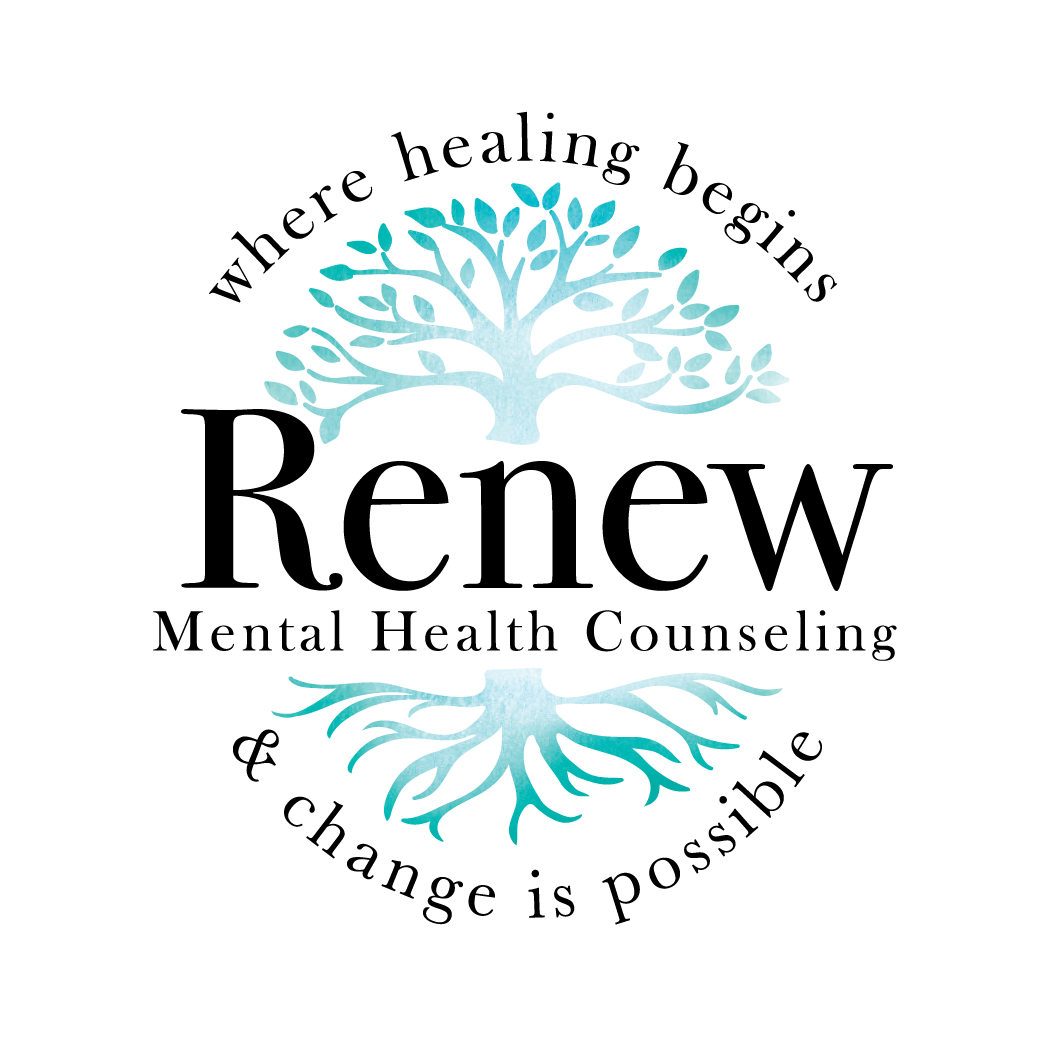Having counseled numerous couples, you can imagine the number of times I have heard the sad reports of infidelity and the destruction it caused in marriages. According to researchers, 30-60% of all married individuals in the U.S will engage in infidelity at some point in their relationship. That is a pretty big percentage!
How to Cope with Anxiety
Many times people who suffer from anxiety report an overwhelming sense of worry and fear thoughts, which then can trigger or follow physical symptoms of anxiety (i.e. racing heart, sweats, feeling shaky or uneasy, etc). In order to cope with these thoughts of worry and fear, we need to learn how to gain control of our mind.
Anxiety Disorders
What is Anxiety?
Why Your Relationship Needs More Patience
“I don’t know when it happened but somewhere along the way I lost myself and who I wanted to be. This is not where I thought I would be at this point in my life and certainly not what I pictured my marriage being like.”
Does this sound familiar to you? Have you had similar thoughts go through your mind?
5 Questions to Ask Yourself if You Feel Emotionally Disconnected From Your Partner
7 Date Night Ideas in Rochester New York
Why Did You Get Married?
Why Did You Get Married?
As a therapist who primarily works with couples, I see many broken marriages. Many couples are at the end of their rope and coming in as a last ditch effort to save the marriage. There are couples where one spouse is fully committed but the other one pretty much has one foot out the door. And then there are those who are coming in as a preventive measure, learning how to fix the little problems before they get bigger. In any case, I always ask the couple, "why did you get married? Tell me why you proposed and tell me why you said 'yes'." I ask this because not only do I love to listen to and remind them of the positive and happy moments in their lives but because it is important to know WHY we got married. I truly believe that we marry mostly for ourselves not for our spouse. <Wait, what did she just say?> Yes, you heard me right, I believe that we get married because we love ourselves more than our spouse.
Let me help you see what I am talking about. Let's think about this for a minute. I need to you really think hard and dig deep- complete transparency and honesty here. When we date people we have certain things that we look for in a person, right? Some may even have a check list that they mentally go through as they are dating that person which leads to a decision to either continue dating or break it off. Then as we date longer, the thought "could I marry this person?" crosses our mind, because lets be real, who wants to waste time with someone they can not see themselves with for the long term? So this checklist or criteria that we all have {to some extent} has everything to do with how this person fits into our life. Think about these questions:
Are they attractive?
Do I like how they dress?
Do they have the same interests as I do?
Am I interested in their hobbies?
Do I like the way they kiss?
Do I like their friends?
Do they have annoying quirks?
Do they have the same values or beliefs I do?
Are they striving for the same goals I have?
Do they want kids?
Would they be a good spouse?
Would they be a good parent?
And the list goes on.....
Do any of these sound familiar? Of course these can all be argued as important questions that are valid and in need of answering but my focus is more on who do the answers benefit? you or your partner? We tend to focus on how that one person can fit nicely into our world. We do not tend to think about how we fit into their world, do we? Naturally we are selfish by nature so this would make sense for us to think in this way but when it comes to marriage and committing our entire life to this person, this thought process sets us up for destruction. It is impossible to maintain a healthy marriage when one spouse is completely selfish. The relationship will dissolve (Click here to read more on selfishness and marriage). So then, what would it look like to think about how we fit into our partner's world? To marry based on real love for our partner more than ourselves?
To answer this we need to define love. Contrary to what our world defines it as, love is a choice. Let us look at some of the many ways Paul Tripp so concisely describes what love is.
LOVE IS refusing to be self-focused or demanding, but instead looking for specific ways to serve, support, and encourage, even when you are busy or tired.
LOVE IS being unwilling to make any personal decision or choice that would harm a relationship, hurt the other person, or weaken the bond of trust between you.
LOVE IS the willingness to make regular and costly sacrifices for the sake of a relationship without asking for anything in return or using your sacrifices to place the other person in your debt.
LOVE IS staying faithful to your commitment to treat another with appreciation, respect, and grace, even in moments when the other person doesn’t seem deserving or is unwilling to reciprocate.
LOVE IS a commitment to say no to selfish instincts and to do everything that is within your ability to promote real unity, functional understanding, and active love in your relationships.
LOVE IS being unwilling to flatter, lie, manipulate, or deceive in any way in order to co-opt the other person into giving you what you want or doing something your way.
LOVE IS recognizing the high value of trust in a relationship and being faithful to your promises and true to your word.
LOVE IS being more committed to unity and understanding than you are to winning, accusing, or being right.
LOVE IS being lovingly honest and humbly approachable in times of misunderstanding.
The list can go one but I think you get the point. How does the love in your marriage compare to this list? Are any of these things you considered when you married your spouse? Did you think about how you would add value and joy to their world? Regardless of why you ended up married, the reality is you are and marriage can be hard. Do you find yourself in a state of marriage like my clients have found themselves in? Do you know what you need to do about it? If you want to learn more on next steps and how to truly love your spouse click here for the video workshop that you can do quickly and easily with your spouse!
5 Critical Communication Errors
So you’ve been there right? Where you are having a conversation with your partner and all of a
sudden it takes a nose dive into complete hostility and anger? You both are spewing out hurtful
words and arguing over something so stupid. You look back and wonder “how in the world did
we go from that to this?” It seems as though more times than not your conversations always end
in argument. Though your intentions may be good, the direction ends up all wrong.
Just a Thought: 10 Cognitive Distortions
Though thoughts are the best choice of the three, they are not without flaw. Due to life experiences, relationship mishaps and overall negative events that have happened on our journey, we can create distorted ways of thinking as a result. Cognitive distortions or 'stinkin thinkin' as some may call it, is simply the label used to describe the irrational thoughts we convince ourselves to be true that ultimately reinforce inaccurate negative thoughts and beliefs.




